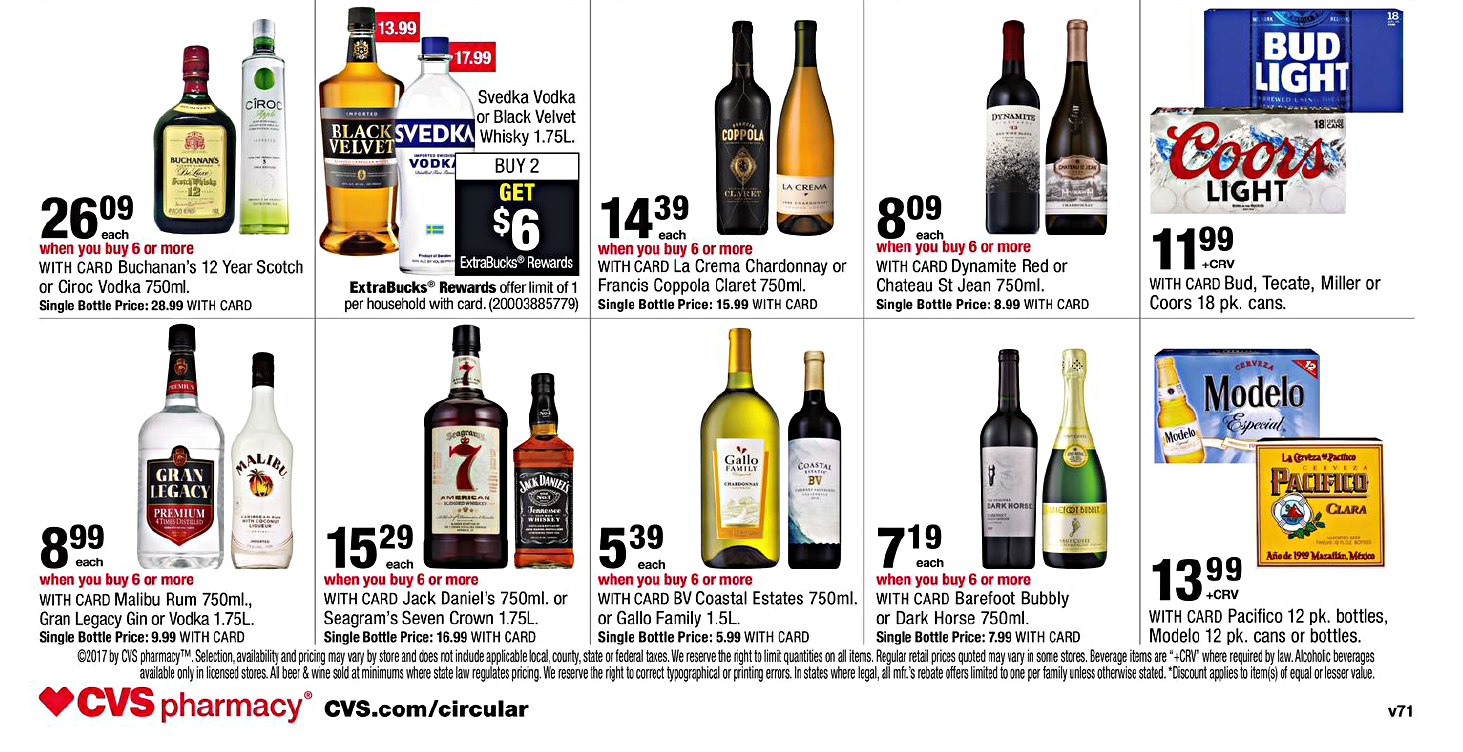CVS to Limit Opioid Prescriptions
/By Pat Anson, Editor
CVS Health has announced plans to further restrict the filling of opioid prescriptions at its pharmacies by limiting the dose and supply of opioids for acute pain to seven days. The new policy only applies to customers enrolled in the CVS Caremark pharmacy benefit management program, which provides pharmacy services to over 2,000 health and insurance plans.
CVS said its opioid policy would “give greater weight” to the Centers for Disease Control and Prevention's opioid prescribing guideline, which discourages doctors from prescribing opioids for chronic pain.
“The CDC Guideline should become the default approach to prescribing opiates, a scenario in which physicians would have to seek exceptions for those patients who need more medication or longer duration of therapy,” Troyen Brennan, MD, CVS’ Chief Medical Officer wrote in a post on Health Affairs Blog.
But the new CVS policy actually goes beyond the voluntary recommendations of the CDC guideline, which was only intended to give advice to primary care physicians who treat chronic pain.
Beginning February 1, CVS will limit all opioid prescriptions for acute pain to seven days. For both acute and chronic pain, opioid doses must not exceed 90mg morphine equivalent units and patients will be required to try immediate release formulations, before using extended release opioids.
The policy will apply to all 90 million CVS customers enrolled in commercial, employer or Medicaid health plans. CVS operates 9,700 pharmacies and 1,100 walk-in medical clinics nationwide.
In announcing the policy, CVS rejected complaints that it and other healthcare providers were adopting a “heavy-handed, cookie cutter” approach to patient care – decisions best left between a patient and their doctor.
“To be sure, prescriber autonomy and respect for the physician-patient relationship are of paramount importance. However, there is little evidence to show that past opioid prescribing habits are necessary or appropriate, and there is a great deal of evidence that they have produced significant harm,” said Brennan.
“We see firsthand the impact of the alarming and rapidly growing epidemic of opioid addiction and misuse,” said Larry Merlo, CEO of CVS Health.
“With this expansion of our industry-leading initiatives, we are further strengthening our commitment to help providers and patients balance the need for these powerful medications with the risk of abuse and misuse.”
Opioids Have Been Costly for CVS
Patient safety may not be the only factor behind CVS’ decision to limit opioid prescriptions. In recent years, the company has been fined hundreds of millions of dollars for violations of the Controlled Substances Act and other transgressions, many of them involving opioid medication.
As PNN has reported, CVS recently agreed to pay a $5 million fine to settle allegations that several CVS pharmacies in California failed to detect thefts of the painkiller hydrocodone by employees.
In 2016, CVS also paid a $3.5 million fine to resolve allegations that 50 of its pharmacies in Massachusetts and New Hampshire filled forged opioid prescriptions. One forger signed a dentist’s name on 131 prescriptions for hydrocodone and had them filled at eight different CVS stores. Another forger obtained over 200 prescriptions for hydrocodone and methadone by forging the name of an emergency room physician.
And in 2015, CVS paid a $22 million fine after two of its pharmacies in Florida were found to be routinely filling bogus prescriptions for painkillers, including some for customers as far away as Kentucky.
As a result of these and other fines, CVS pharmacists were already under pressure to be wary of filling opioid prescriptions. Many started calling doctors to make sure the prescriptions were legitimate and some even refused to fill the prescriptions of longtime customers.
Alcohol Sales Continue
CVS was widely praised for its decision to stop selling cigarettes a few years ago, a move that cost the company $2 billion in lost tobacco sales. According to Marketplace, the company has also removed transfats from its branded food products and reduced displays of candy near its cash registers.
The healthier offerings apparently do not apply to alcohol, however, a substance that causes far more addiction, death and health problems than opioid medication. This week an advertising flier for CVS stories in California prominently displays a selection of inexpensive beer, wine and hard liquors.
CVS did not respond to a query from PNN about whether it intends to limit the amount and frequency of alcohol purchases, as it is planning to do for opioid pain medications.
CVS Health (NYSE: CVS) stock has fared poorly in the past year and company insiders have sold nearly $100 million in shares. Among the sellers, according to Barrons, was CEO Merlo – who has sold $26 million in shares so far in 2017, including $20 million in September alone.





